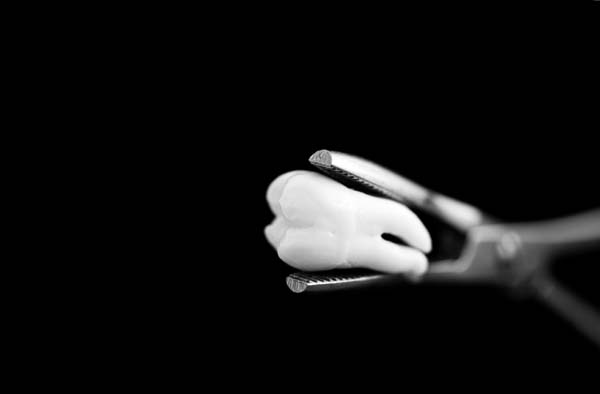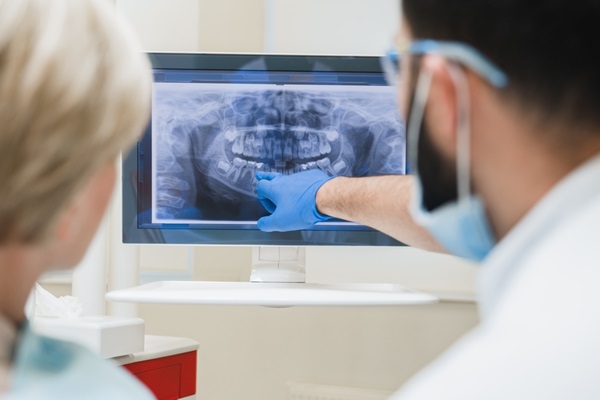When To Have Wisdom Tooth Removal
Do you think you may need ? Read on to learn about the reasons why your wisdom teeth may need to be extracted. You will probably need to have a wisdom tooth removed at some point in your life. Wisdom teeth are the last set of molars to emerge, and they are a relic of evolution. Early humans consumed lots of hard nuts and grains, so they needed an extra set of molars.
Nowadays, wisdom teeth are not essential. Having them removed typically does not have a negative impact on your oral health. Extraction is typically recommended when a wisdom tooth is decayed, damaged, or impacted.
A tooth is impacted when it fails to break through your jaw into the mouth properly. Such a tooth could end up damaging other teeth in the mouth, even if it is not currently causing any pain or issues. Dentists often recommend extracting impacted teeth before they start causing problems in the mouth, like jaw stiffness, fractured teeth, and bleeding.
Reasons you might need a wisdom tooth removal
Some of the reasons why a dentist might recommend wisdom tooth removal include:
- Potential damage to other teeth: A dentist might recommend getting rid of wisdom teeth that are pushing on teeth around them, causing bite problems and pain
- Potential damage to the jaw: Cysts sometimes form around wisdom teeth. These cysts can cause nerve damage and hollow out a person's jaw when left untreated
- Sinus issues: A poorly-developed wisdom tooth can lead to sinus congestion, pressure, and pain. Extracting the tooth often provides relief
- Inflamed gum tissues: A dentist might recommend extracting a wisdom tooth if it is surrounded by inflamed gum tissues that make it harder to clean the teeth
- Decay: Dentists often recommend extracting decayed or damaged wisdom teeth. Sure, conventional treatments can be used to tackle these issues, but wisdom teeth have high odds of developing other issues in the future since their location makes them harder to clean
- Alignment issues: Wisdom tooth extraction might be recommended if a patient lacks enough space for all their teeth. Extracting wisdom teeth in such cases makes it easier to tackle alignment issues
The wisdom tooth removal process
There are two main types of extractions dentists perform: simple and surgical. Simple extractions are performed when the dentist can grab the tooth with a pair of forceps and pull it out. A surgical extraction is performed if the tooth is stuck inside bone or gum tissues. The oral surgeon will have to cut into gum or bone tissues to remove the tooth in that scenario.
Local anesthetics are used during any type of extraction, so the patient does not feel much pain. They will feel some discomfort once the anesthetic wears off a few hours later. Painkiller prescriptions are often provided to help manage this.
After getting a tooth pulled, the recovery period can last up to two weeks. The first few days are the most crucial, as a blood clot forms inside the extracted tooth's socket.
Do you need wisdom tooth removal?
Give us a call or stop by our Lee's Summit clinic if one of your wisdom teeth is causing you pain or discomfort.
Request an appointment here: https://spectrumsurgical.net or call Facial Spectrum at (816) 524-4334 for an appointment in our Lee's Summit office.
Check out what others are saying about our dental services on Yelp: .
Recent Posts
Research shows that Botox™ appeals to both men and women. Many individuals want to battle the signs of aging. This common treatment helps them look years younger without going under the knife. Learning when to get Botox from your oral surgeon can help you prepare for treatment day.Jaw clenching or teeth grinding at night is…
Searching for the most knowledgeable and skilled oral surgeon in your area can be challenging. But if you find the right dental care provider, you can achieve the enhancements that you want or need. Finding the right provider will need a little effort. Here are some tips you must consider for choosing the oral surgeon…
A facelift can give you a more youthful appearance. Getting this procedure from an oral surgeon can even enhance your oral health. This dental care provider has the knowledge and experience to bring out the results that you want. Here are the main reasons to get your facelift from an oral surgeon.This dental professional is…
A facial surgeon can help you improve your appearance or correct medical conditions. A complete assessment must happen first before creating a custom-fit treatment plan. This healthcare professional aims to help you meet your cosmetic and health goals. Here are the common procedures you should consider from an experienced facial surgeon.This form of surgery can…


